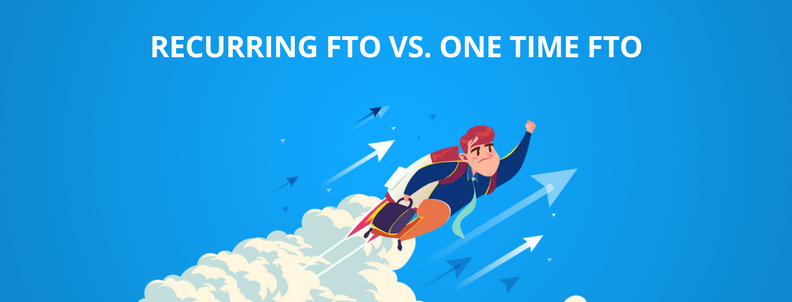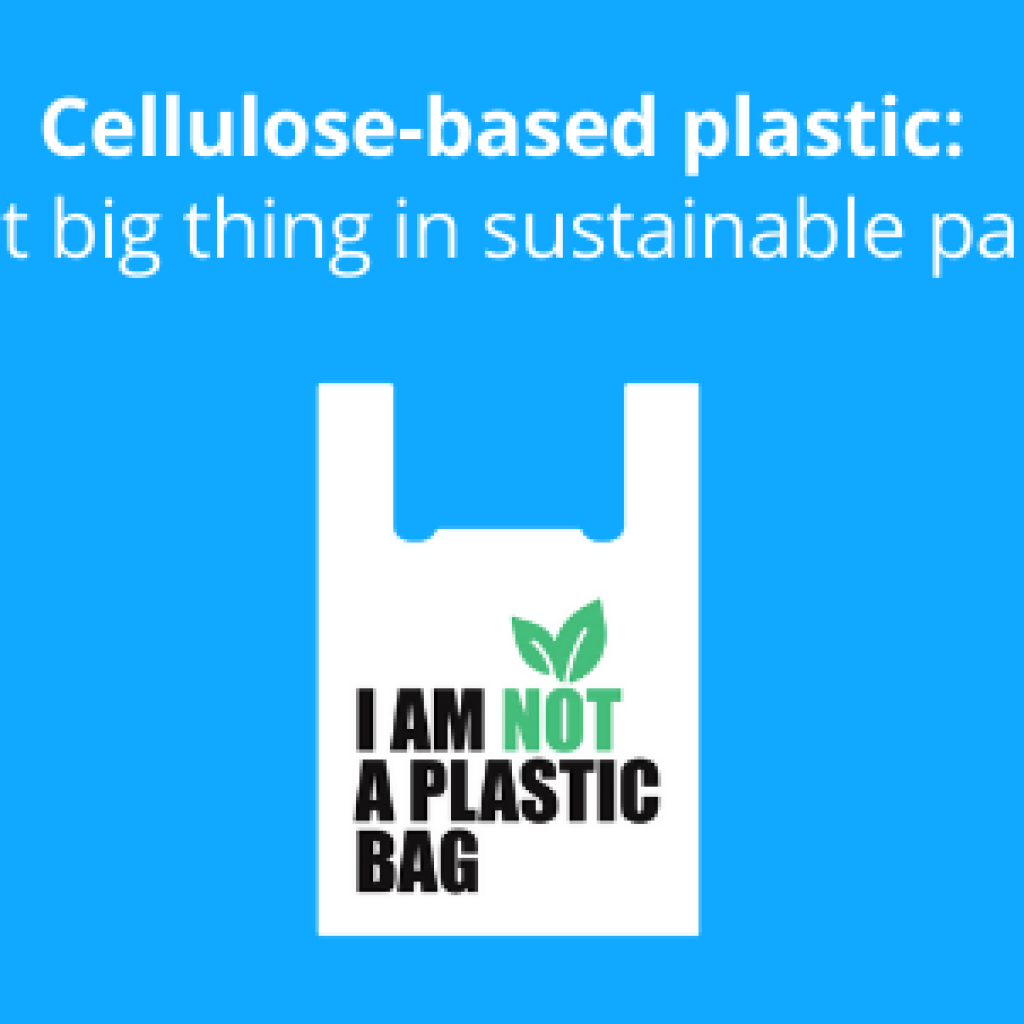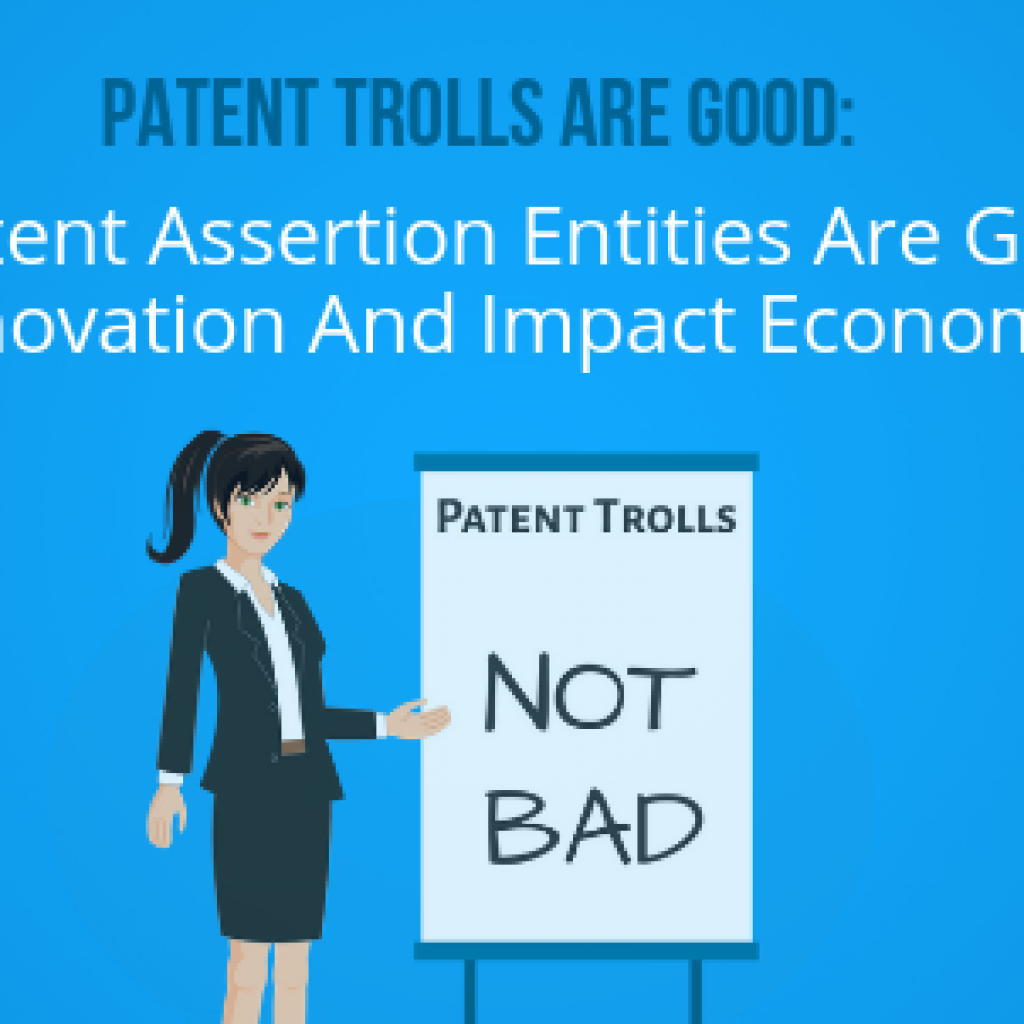During the course of the past decade, We have worked with various IP counsels, and figured that their strategy towards freedom to operate search can be classified into two major categories –
- Those who prefer to get FTO studies conducted multiple times as the product and its features evolve during the research and product development cycle,
- Those who like to get this study conducted only once in the lifetime of the product development cycle.
Now, based on the data gathered from the last 6 years of the FTO searches performed by us, we observed a pattern where we saw an increase in the number of IP counsels coming back to us for tracking the new developments/patent publications.
One Time FTO Vs. Recurring FTO – How Counsels Choose one over another?
It made us ponder about the factors that influence their strategy to choose one option over another. To find answers, we held discussions with different IP counsels to understand their thought behind their strategy. We found majorly two reasons that influence their strategy for picking one type of FTO over another –
1. The Time period of Research and Commercialization of Product
There are few products or features that have shorter research time and take less time to reach a market, let’s say 8-10 months. For such products, a one-time FTO study is sufficient as not many patents are expected to publish in that short timeframe and risk is low. However, for the products or features where the product development cycle is large, they prefer to keep a watch or get updates on the FTO study. Such updates help the R&D teams match the pace with the recent developments happening in the industry, the changing market trends and have better control of their freedom to operate.
2. Close coordination/communication between the R&D team and IP Counsel
This is another important parameter that according to counsels affects their strategy.
In some companies, there is very close coordination between the R&D team and the IP team. We figured that close collaboration is a result of the company’s culture rather than the type of product the company develops or the domain it operates in.
In such an environment where teams often keep on discussing the possibility of new features or application of features in different application areas or expansion of their products by combining some features etc., Counsels prefer to get updates on the FTO studies. They go for FTO landscape analysis where their purpose gets solved in the best possible manner.
If you are wondering what FTO landscapes are, our TL: DR version is: “They are one of the best ways to optimize Freedom to Operate Searches.” BTW, if you want to know more about them you can read it in detail here – FTO Inspired Landscapes – Something every counsel ought to know about.
In environments where R&D teams connect occasionally, maybe after finalizing the research at their end or at the beginning of their research, IP counsels got one time FTO, such that it is ensured the product being developed does not infringe on the existing scope of others’ patents. In such scenarios, this is done just because a process has been set up in the company and the process needs to be followed. The FTO’s objective here is to manage risk so its other benefit of gathering intelligence is ignored.
In few cases, some counsels shared that they go for recurring FTO because they have internal intelligence that there is a high chance that their competitors might be working towards the same problem and they might have applied for patent protection and the application might not be published. Since the competitors can use such patents to create trouble later, IP counsels get FTO studies recurrently to have better control over future risk.
Some counsels also shared that they have seen their R&D team taking advantage of recurring FTO reports to extract better alternatives discussed in patents. Two birds with one arrow, perhaps?
Definitely more than two.
What are the benefits of Recurring studies over a one-time study?
The IP counsels who like to conduct FTO studies for only one time either conduct the analysis at the beginning stage of R&D or at the final stages of R&D.
If it is conducted at a later stage of R&D, let’s say just before the product launch then
- There is a possibility of losing patent filing opportunity which could have been revealed in an early FTO analysis. If multiple companies are researching a common technology, there is a possibility that competitors having similar product lines can secure a patent on the concept on which you were researching and could have already secured a patent.
- Counsels may not be able to strategize well in time i.e. in case favorable solutions are already available they can evaluate if there is a need to carry out the research activity, or acquisition/licensing activity can generate better returns.
- Counsels may not be able to guide the R&D team with the findings that can change the direction of research.
If FTO is only conducted at an early stage of R&D, and the product cycle is long then –
- There is a risk of neglecting patents that will be published between the time of executing the FTO study and the product launch.
- Counsels may not be able to evaluate the risk for features that get added during the course of research.
With recurring FTO studies, one can rest ensured that none of these obstacles discussed above would serve as boulders in the path during the product launch.
But as they say it, every problem has its own unique solution. You need to choose the one that best serves your needs. Our two cents – Choose One time FTO for a product with short R&D cycle and recurring FTO studies for products with longer Research and Development cycles.
Rest, you are a better judge of your needs and environment and can decide what best fits your purpose.
To making better choices!
Authored by: Nikhil Gupta, Manager, Patent Search, and Shikhar Sahni, SVP, Operations










